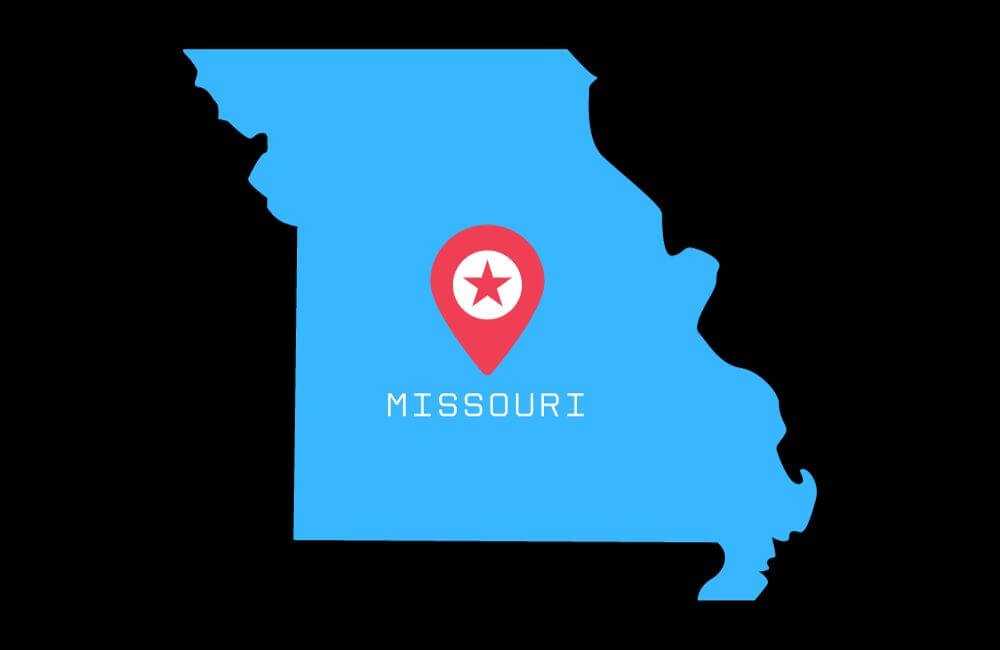Simple Law Guide
Ride Informed, Navigate Safely

In the United States, the thrilling scenes of police vehicles chasing suspects on motorcycles or in cars through bustling streets have captivated audiences in movies and TV shows for decades.
Nevertheless, real-life law enforcement agencies across the nation face the challenge of pursuing law-breaking motorcyclists without the advantage of closed streets and controlled conditions.
To address this, various states and local jurisdictions have enacted laws mandating procedures for law enforcement officers to follow during vehicle pursuits.
In this piece, we’ll delve into whether Missouri has implemented a no-chase law for motorcycles. Keep reading to find out if there’s a “Missouri no chase law” or how law enforcement handles pursuits in the state.
Motorcycle no-chase laws are designed to strike a harmonious chord between law enforcement objectives and the well-being of officers, suspects, and innocent bystanders.
These regulations acknowledge that pursuing at a fast pace can increase risk and result in mishaps, injuries, and even fatalities. Rather than pursuing individuals mindlessly, law enforcement agencies utilize alternate tactics like aircraft support, barricades, and monitoring.

In Missouri, when a police officer pursues a fleeing suspect, there are dual standards of duty. The officer is obligated to apprehend the suspect and prevent harm to others, while also pursuing in a non-careless, non-reckless manner. Despite these duties, there’s no clear obligation toward the fleeing suspect under Missouri law.
Courts usually consider factors like public policy, foreseeability of harm, and societal blame when determining duty. Other U.S. courts, including Oklahoma and Utah, lean against imposing a duty on officers toward fleeing suspects. The focus is typically on public safety rather than potential civil liability to the suspect.
Key Takeaway:
Read More- No Chase Law Florida

Is there a no chase law in Missouri for motorcycles? Absolutely. Missouri implements a ‘no chase’ policy for motorcyclists. This indicates that, as a general rule, law enforcement officers in Missouri are prohibited from engaging in high-speed pursuits of motorcycles, particularly if such pursuits pose risks to the safety of the rider or the public.“
However, this does not mean that police officers cannot use discretion to apprehend someone who breaks the law.
The purpose of laws or rules is to keep everyone safe while letting police enforce the laws. When police personnel feel necessary to chase you, they can chase you. And no law stops a police officer from chasing you.
The landscape of no-chase laws varies significantly from state to state. While some jurisdictions impose strict restrictions on pursuits, others allow more flexibility.
For instance, California has stringent guidelines, whereas Texas permits officers to chase suspects involved in serious offenses. Understanding these variations is crucial for both law enforcement professionals and the public.
Several factors come into play when determining whether to engage in a pursuit:
Read More- motorcycle no chase law states
Here are some of the key rules of the road in Missouri:
Missouri’s stance on police pursuits, encompassing both general vehicle chases and specific considerations for motorcycles highlights the delicate balance between public safety and law enforcement’s duty.
While there isn’t a statewide “no chase” law, nuanced policies aim to minimize risks. The ongoing debate underscores the importance of continually evaluating and refining these measures to ensure the safety of all road users.